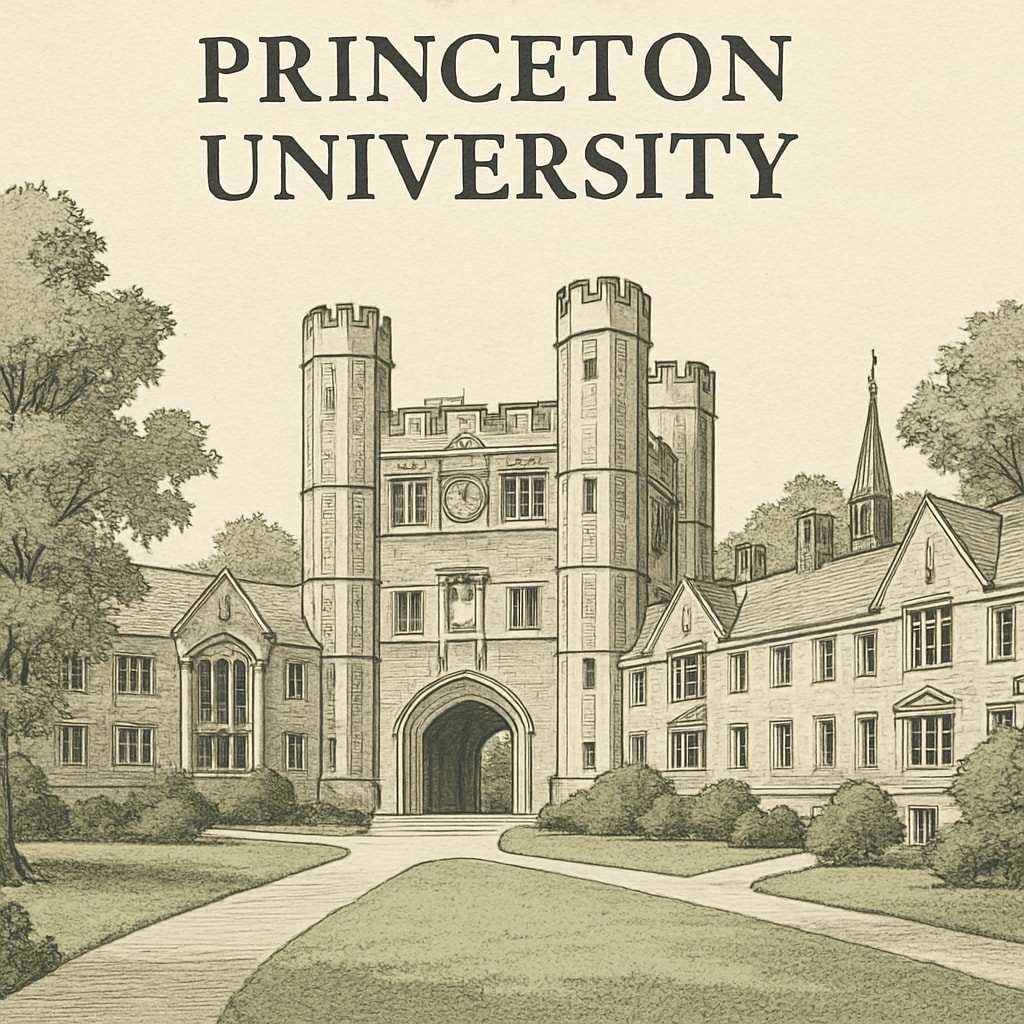Princeton and other Ivy League schools have long been viewed as the pinnacle of academic excellence. However, a growing number of voices are questioning whether these institutions are overrated in today’s educational landscape. While their reputation is undeniably prestigious, is it possible that the actual educational value they provide does not align with the societal weight of their name? This article aims to explore this gap and challenge the assumptions surrounding the value of elite education.
Are Ivy League Schools Worth the Hype?
For decades, the Ivy League has represented exclusivity, prestige, and opportunity. Princeton, for example, consistently ranks among the top universities in global rankings. But how much of this is driven by the quality of education versus the school’s branding efforts?
In many cases, the “elite” label that accompanies these universities stems more from their historical legacy than their current innovations in pedagogy or student outcomes. Studies have shown that attending an Ivy League school does not always guarantee higher job satisfaction or earnings compared to graduates from less-renowned institutions. The Ivy League on Wikipedia provides more context on the history behind their reputation.

Measuring Education Beyond Prestige
One significant issue with the Ivy League narrative is that it often overshadows the many other universities that offer excellent academic programs and innovative approaches to education. While Princeton boasts impressive faculty and resources, so do many public universities and smaller liberal arts colleges. These institutions often provide more personalized attention and less competitive environments, which can lead to better learning outcomes for certain students.
Furthermore, the emphasis on exclusivity in Ivy League admissions creates a culture where the focus shifts from education to status. This raises the question: Are students and parents prioritizing the name of the institution over the actual quality of the education? As a result, many students may be forgoing opportunities at other schools that better align with their goals simply for the sake of prestige.

Rethinking the True Value of Higher Education
What truly defines the value of higher education—prestige, cost, or outcomes? While attending an Ivy League school like Princeton can undoubtedly open doors, it is not the sole determinant of success. In fact, many successful individuals graduated from lesser-known institutions or even dropped out entirely. For example, some of the most influential entrepreneurs of our time, such as Steve Jobs and Bill Gates, achieved remarkable success without completing traditional degrees.
It’s time to shift the focus from where a degree is obtained to what students gain from their educational experience. This includes critical thinking skills, the ability to adapt to diverse environments, and the development of a growth mindset. These qualities are not exclusive to Ivy League schools and can be cultivated in a wide range of academic settings.
Conclusion: Beyond the Ivy League
While Princeton and other Ivy League schools undoubtedly offer valuable resources and opportunities, it’s essential to question whether they are genuinely worth the hype. The societal obsession with these elite institutions has led to a narrow definition of success that often overlooks the broader spectrum of educational options.
For parents and students navigating the college decision process, the key takeaway is to carefully evaluate what matters most. Is it the prestige of a name, or is it the alignment between educational offerings and personal aspirations? By broadening our perspective, we can redefine what it means to pursue meaningful and impactful education.
Readability guidance: Use concise paragraphs and bullet points to summarize key ideas; maintain a mix of sentence lengths for flow and clarity. Incorporate transition words such as “however,” “therefore,” and “for example” to enhance readability.


